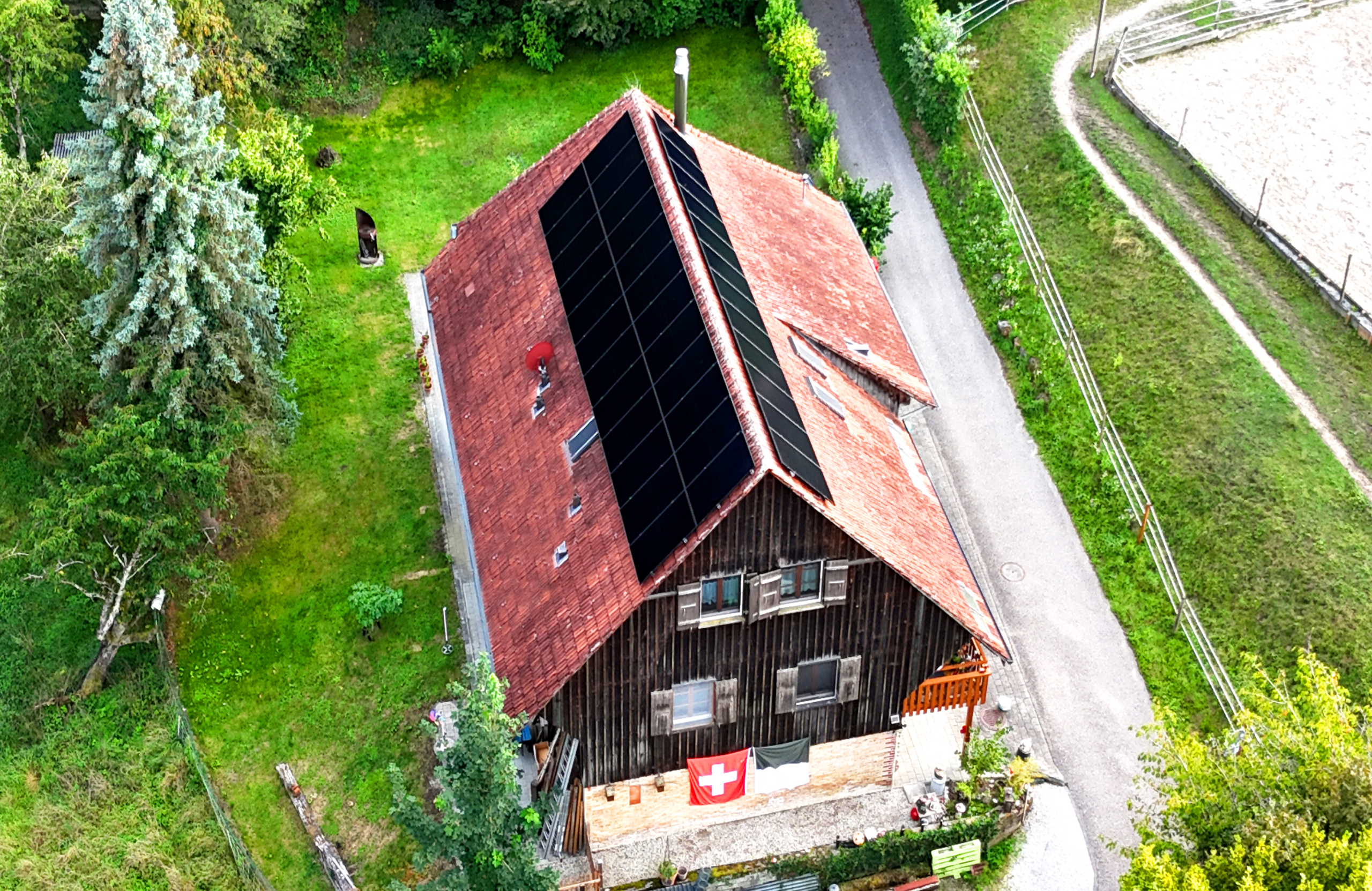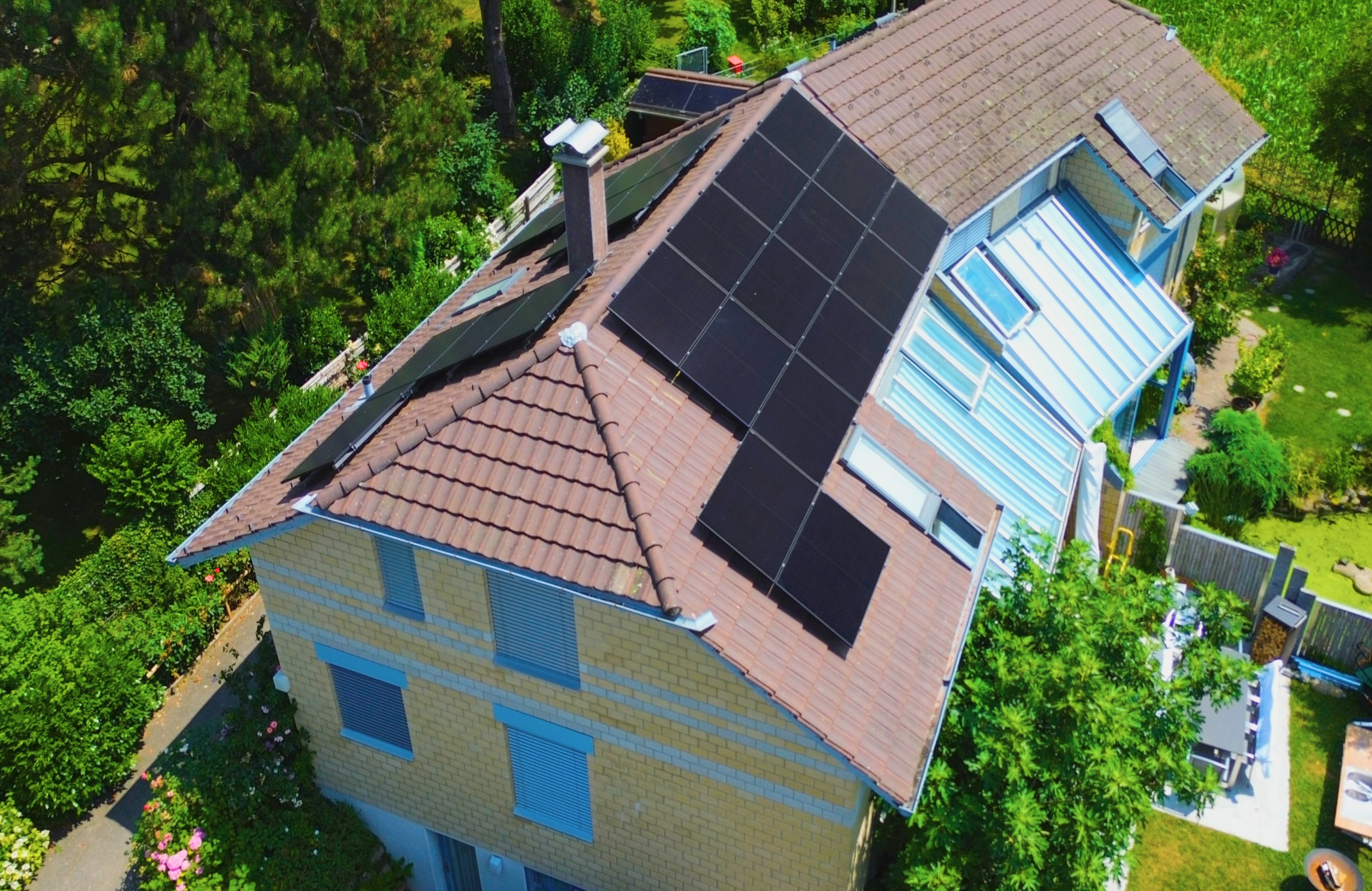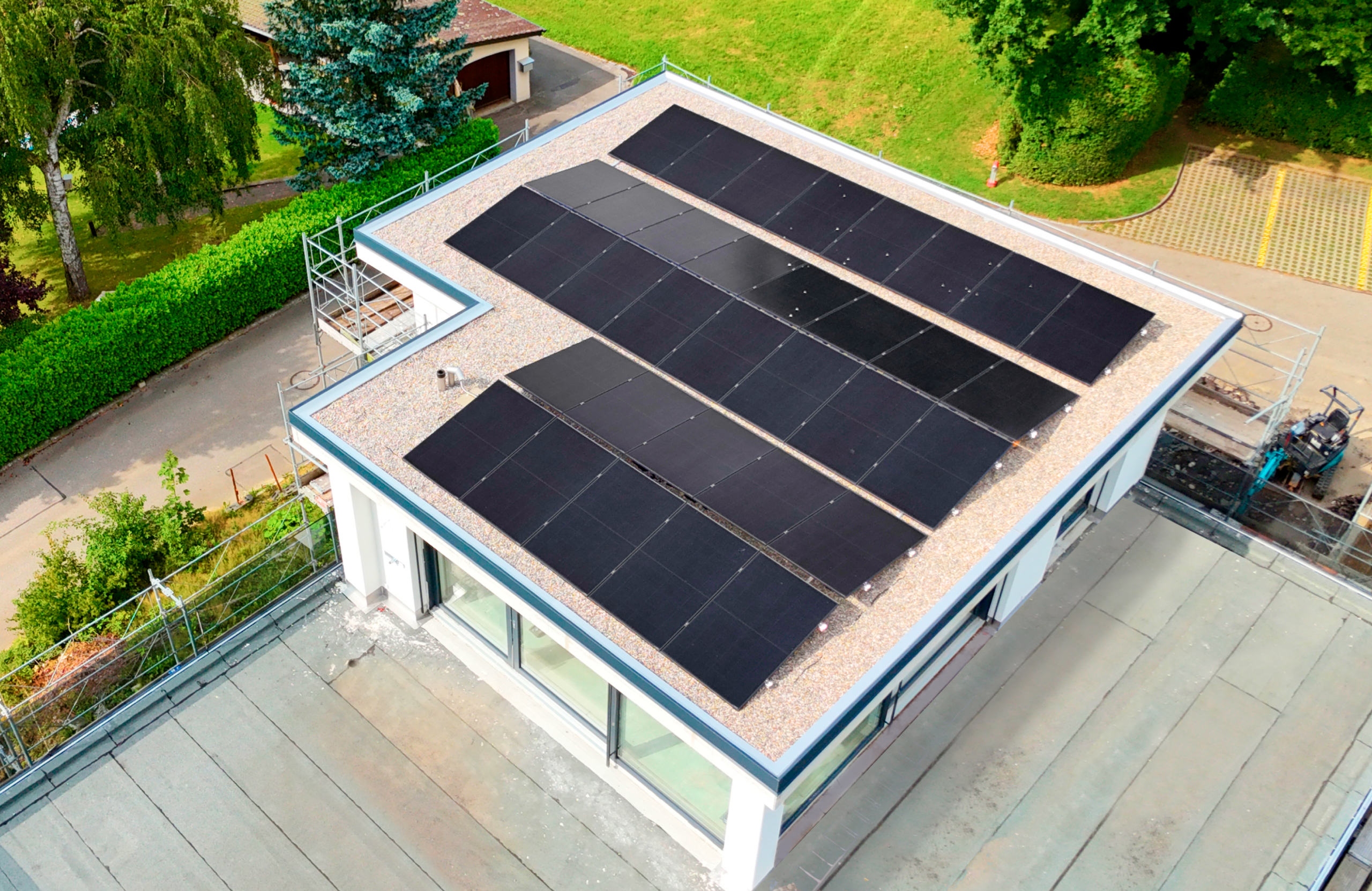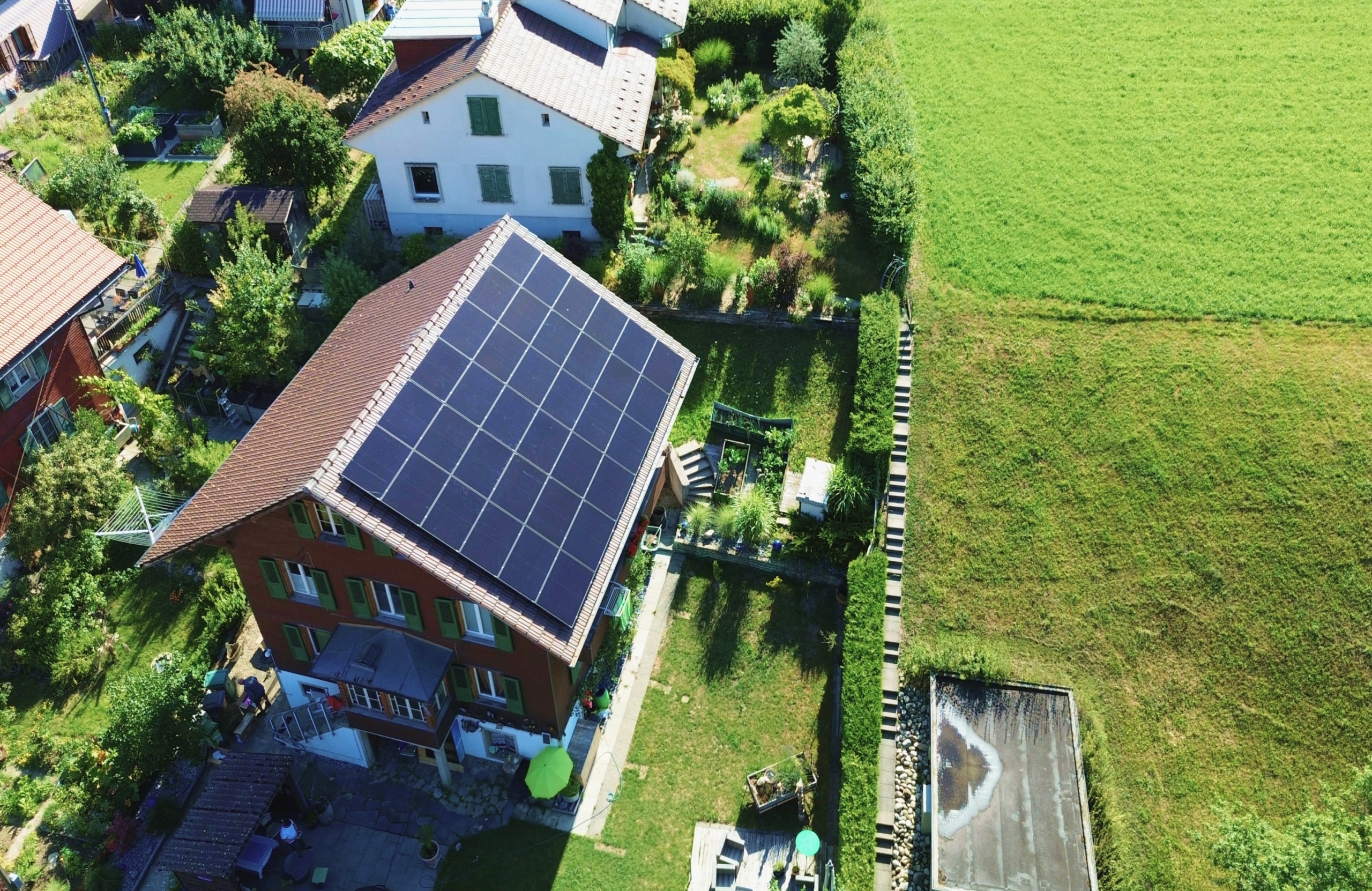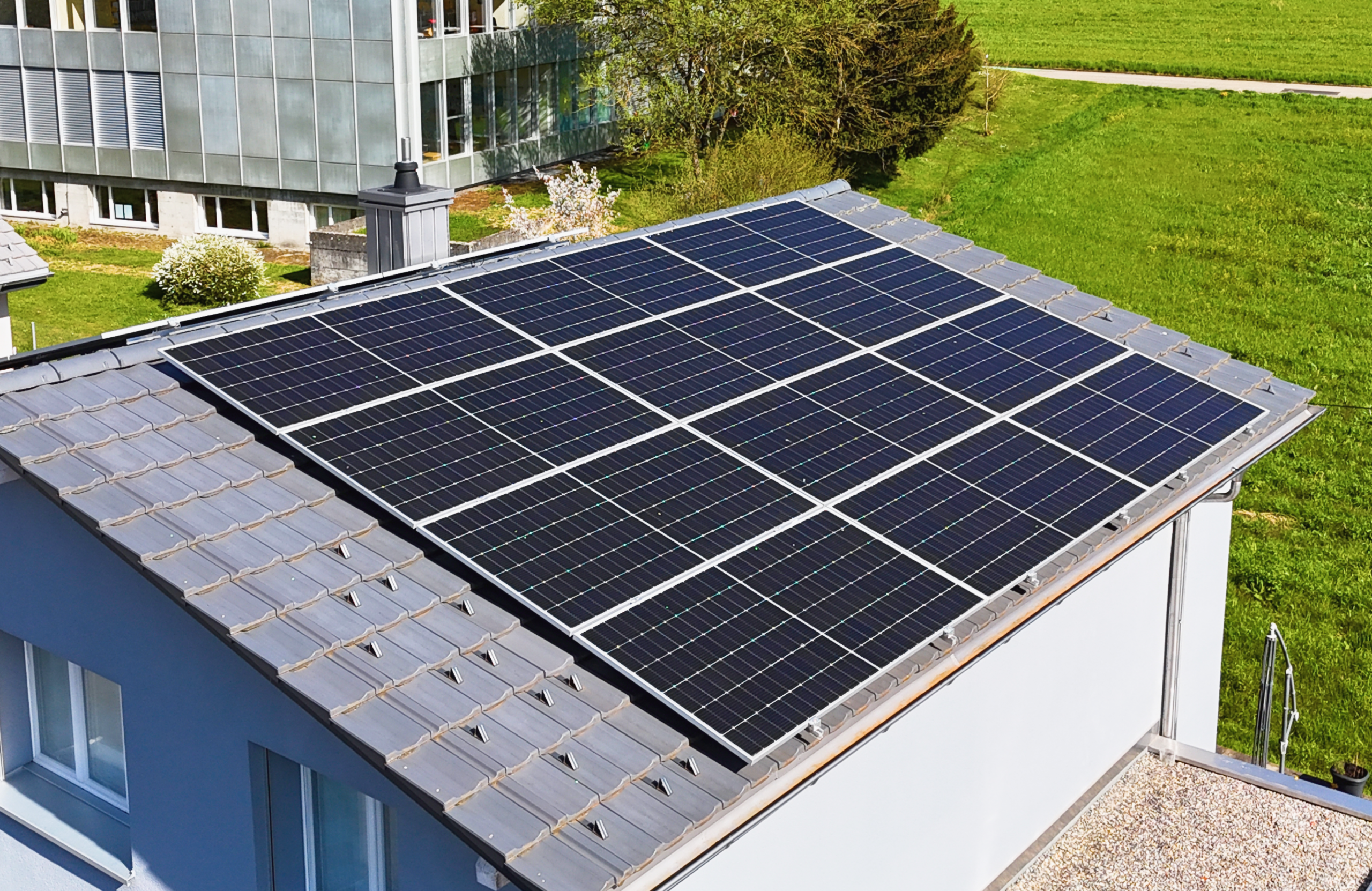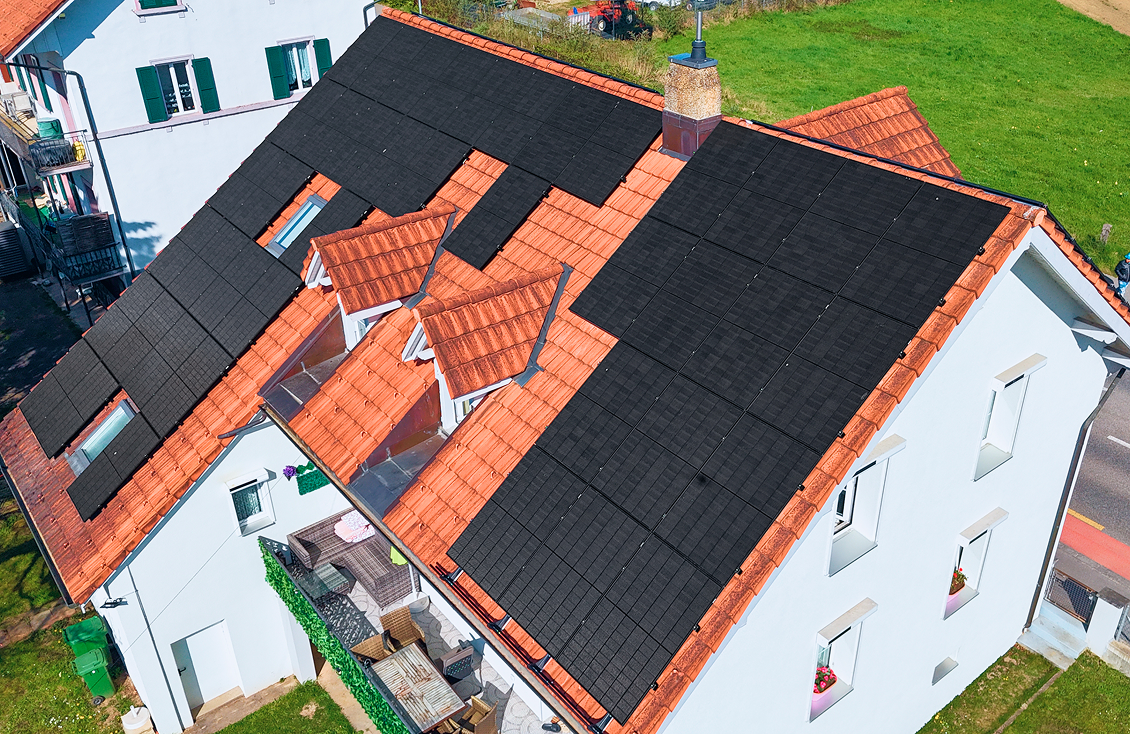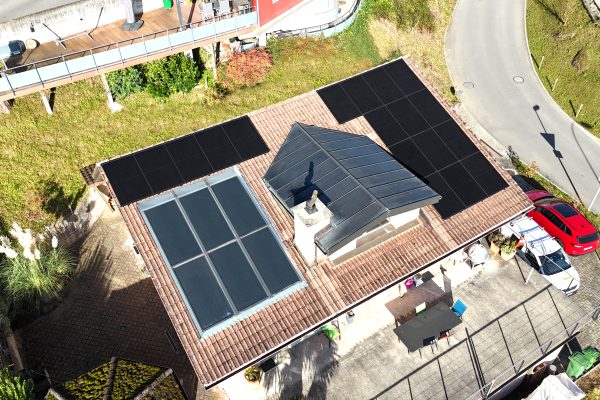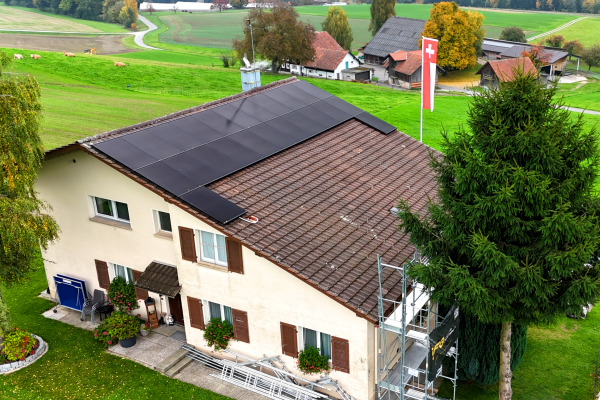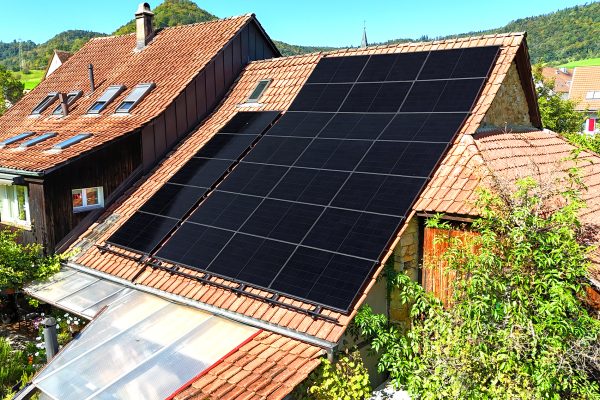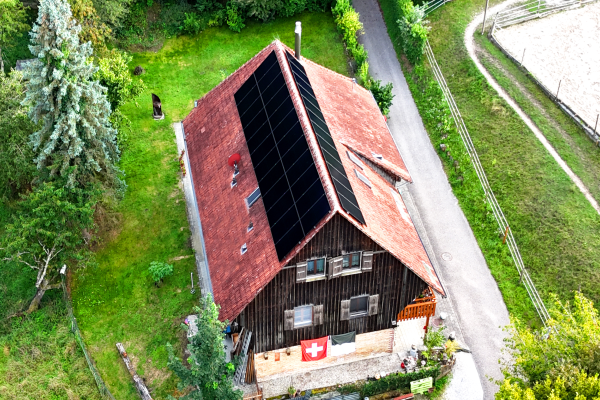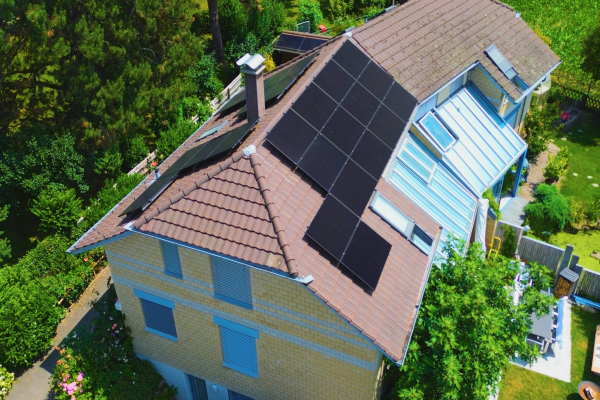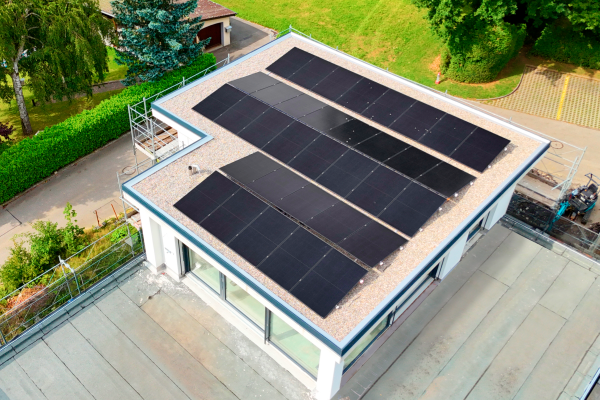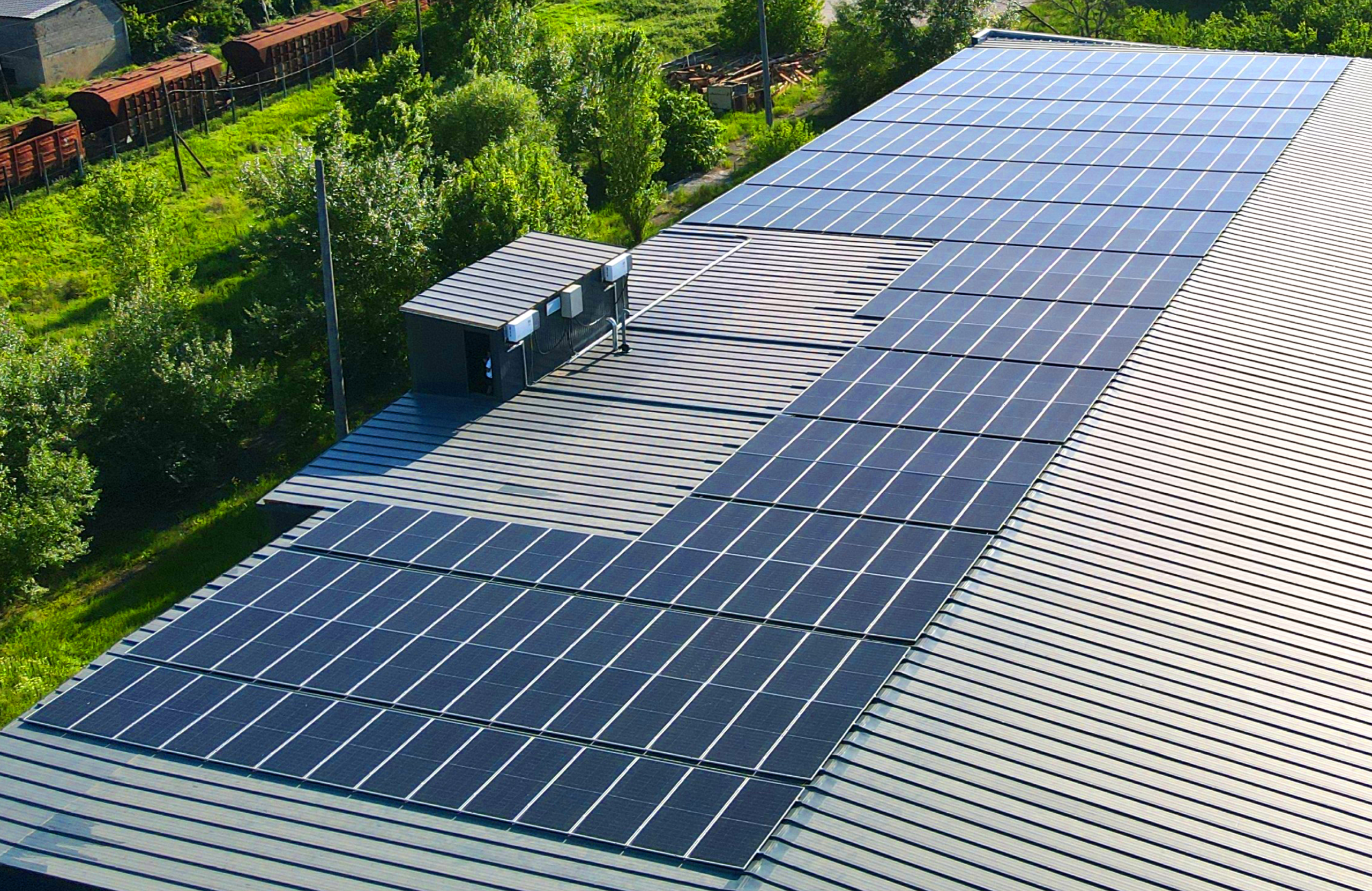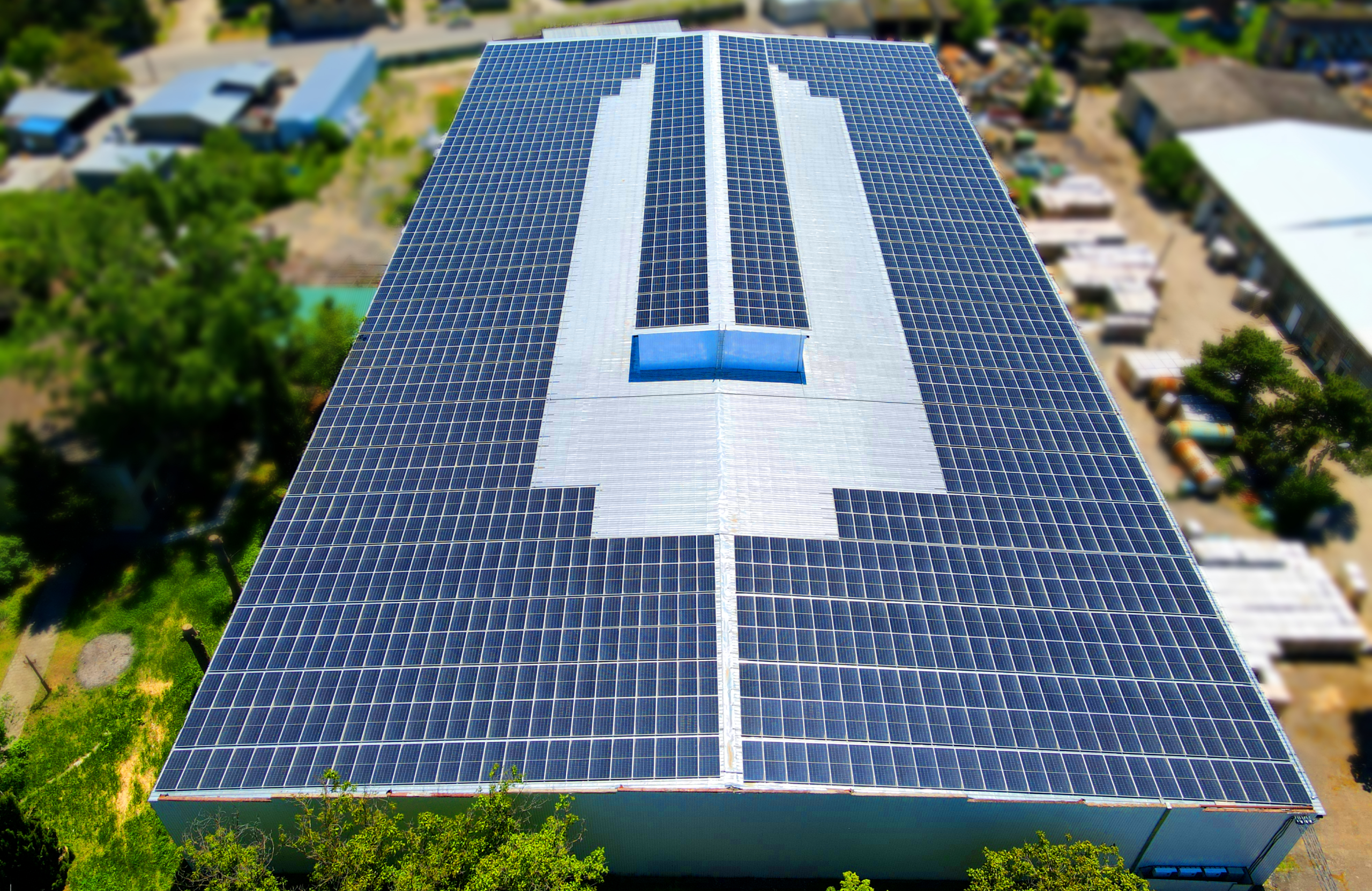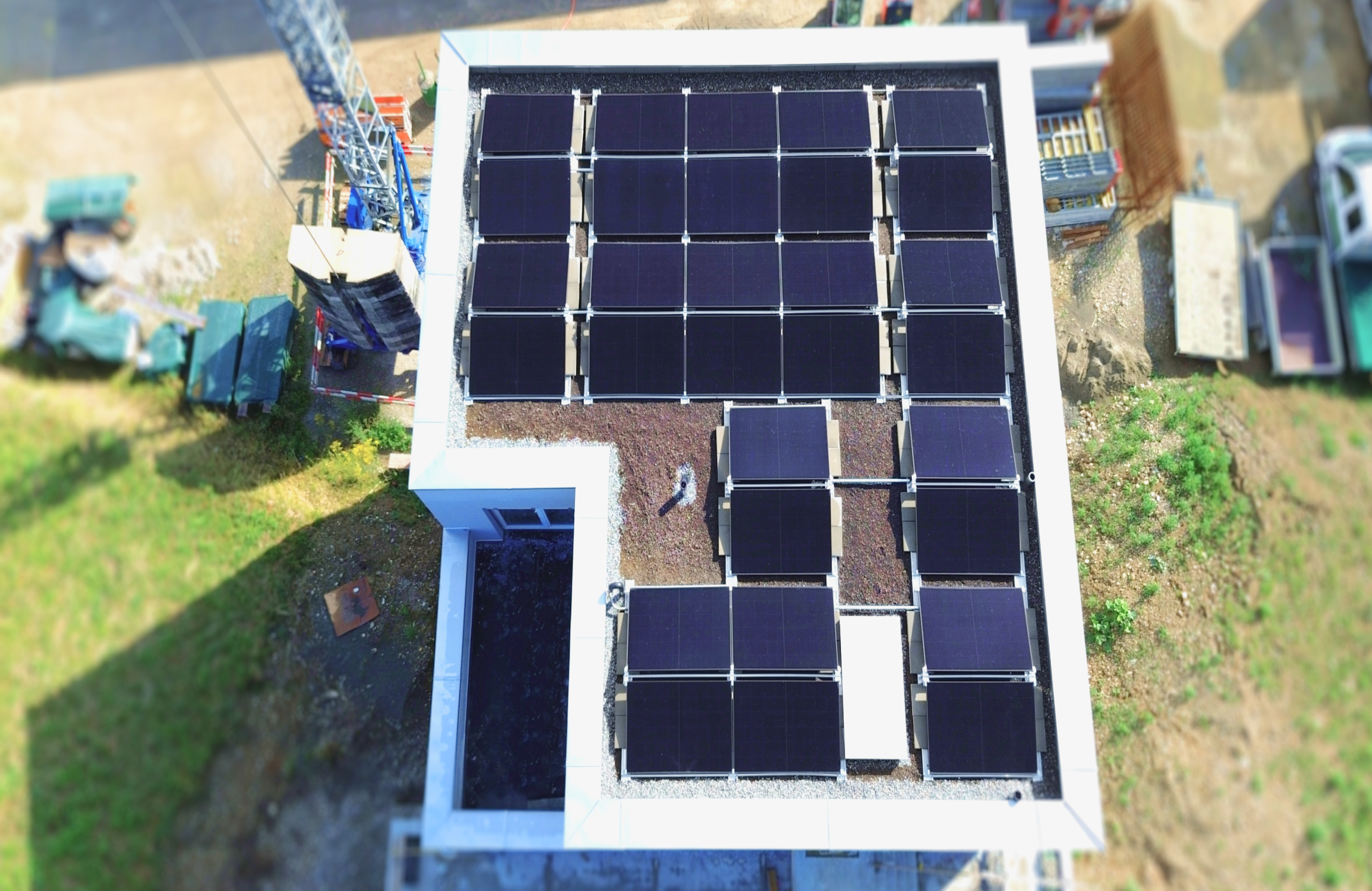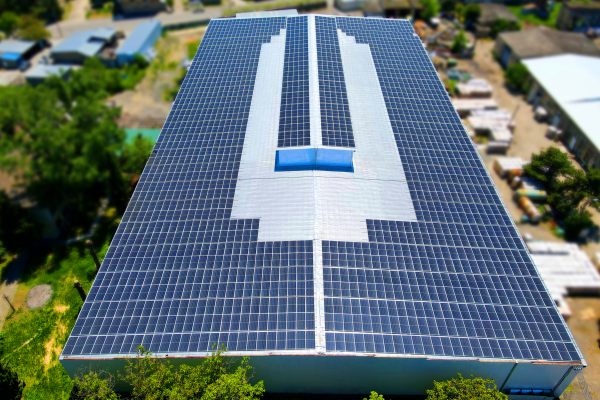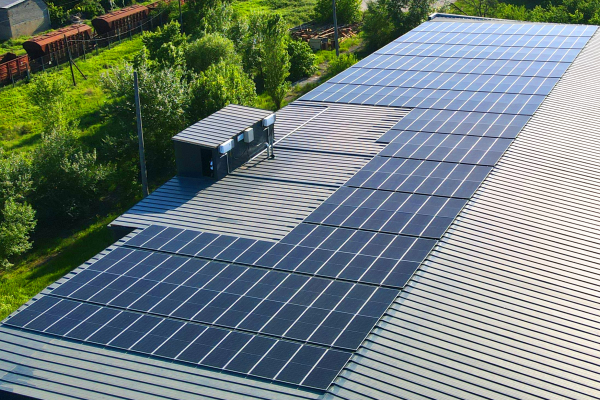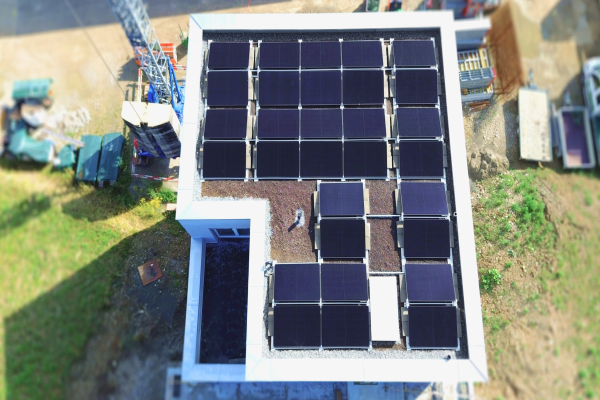Solar energy for properties in Switzerland is an excellent way to reduce energy costs and increase property value. With the country’s strong push for renewable energy and the generous subsidies available, it’s a highly attractive option for homeowners.
Process:
The first step is an on-site evaluation to assess your home’s solar potential, considering factors such as roof orientation, shading, and local climate conditions. We also assist with applications for the One-Time Remuneration (Pronovo), which can significantly reduce your upfront costs. Additionally, we guide homeowners through understanding feed-in tariffs and how maximizing self-consumption can lead to even greater savings.
Unique Considerations
Many Swiss homes already benefit from energy-efficient designs, so integrating a solar system further enhances the property’s green profile. Homeowners should also consider installing battery storage to maximize self-consumption, especially since feed-in tariffs have decreased. Battery storage allows excess solar energy to be used at night, further reducing reliance on the grid.
Payback & Long-Term Savings:
- Payback period: 8-14 years.
- 20-Year Savings: up to CHF 30,000.
- Increased Property Value: Solar-equipped homes are typically valued 3-5% higher than nonsolar homes.

